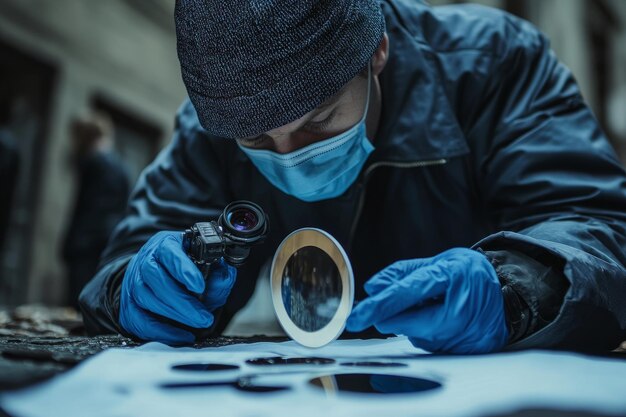How to Become a Forensic Scientist Technician: Education and Training Essentials
Embarking on a career as a forensic scientist technician offers a unique opportunity to combine a passion for science with the excitement of solving complex criminal cases. While the precise requirements can vary depending on the jurisdiction and specialization, there are common educational paths and certifications that stand out as foundational to this field. Typically, aspiring forensic technician scientists should pursue a bachelor's degree in forensic science, biology, chemistry, or a related field. This academic groundwork equips students with critical knowledge in evidence analysis, crime scene investigation, and laboratory procedures—skills indispensable to forensic professionals. In addition to a degree, hands-on experience gained through internships or lab work is invaluable, providing practical insights into the forensic field.
Certifications, such as those offered by the American Board of Criminalistics or the International Association for Identification, can further enhance a technician’s credentials by validating their expertise and commitment to the profession. Some states may also require specific licenses to practice as forensic scientist technicians. Engaging in ongoing education and training is also important in this continually evolving field, allowing technicians to stay current with advancements in forensic technology and methodologies. By investing in formal education and recognized certifications, aspiring forensic scientist technicians can position themselves effectively in this competitive and rewarding career.
Relevant Degrees, Certifications, and Licenses:
- 🎓 Bachelor's Degree in Forensic Science, Biology, or Chemistry
- 📜 Certification from the American Board of Criminalistics
- 🧬 Certification from the International Association for Identification
- 🔍 Internship or laboratory work experience
- 🛂 State Licensure (where applicable)
- 📚 Continuing Education to stay updated with industry advancements
